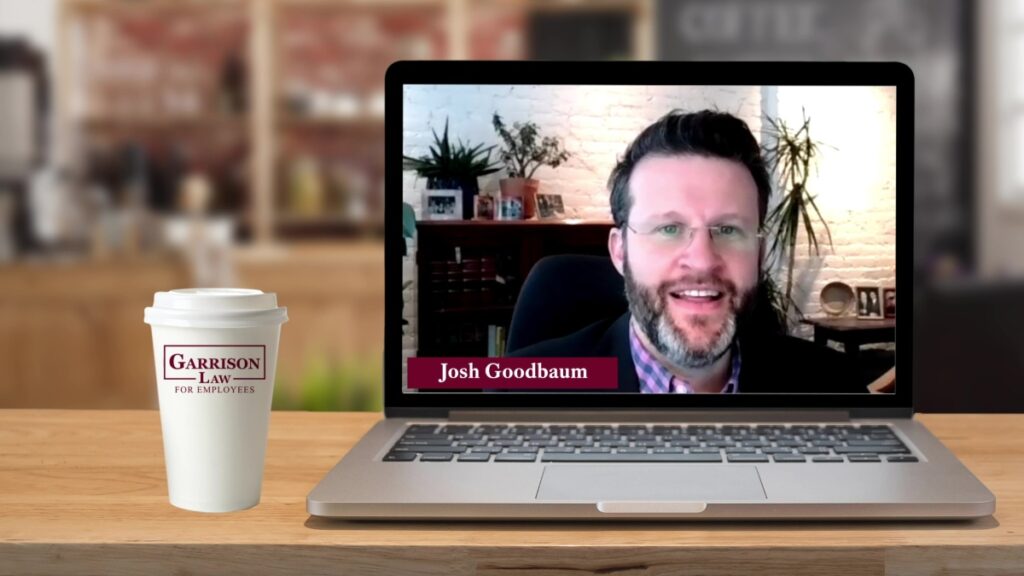Amanda DeMatteis: Hi, Josh.
Josh Goodbaum: Hi, Amanda. What are we talking about today?
DeMatteis: Well, if you’ve watched the news at all recently, you’ve seen that Shohei Ohtani has signed a massive baseball contract for $700 million. But something that was interesting to me is he’s deferring so much of that compensation — a whopping 680 million bucks.
We’ve seen some deferred compensation contracts in the sports world before. Remember Bobby Bonilla Day, right? Every year, on July 1st, the Mets pay him something like $1.19 million, and they’re gonna do that until he’s 72. We saw Rafael Devers do something similar in early 2023. And I got to thinking: what should Connecticut employees know about deferred compensation? Is it something that makes sense for folks like us who aren’t making $700 million to do?
Goodbaum: Well, it might, Amanda, and there are a surprising number of employees in Connecticut and around the country at all ranges of income who have some sort of deferred compensation. So, here are a few important things that people need to keep in mind.
Number one: Deferred income has tax consequences. As I tell my clients all the time – I know you do, too – I’m not a tax lawyer; I’m not an accountant. But you should probably talk to one if you’re thinking – like Shohei Ohtani might – that when I get this $680 million starting 10 years from now, I’m gonna live in Japan, and there’s gonna be a different tax rate than California. You might want to, you know, double-check that. My guess is Shohei Ohtani has got some pretty good advice. He’s got some sophisticated accountants. But that is worth it for everyone to look into. So talk to an accountant.
Second: Is your deal in writing? Is it well documented? Have you done enough to make it clear what’s happening so that you’re going to avoid a dispute down the road where you say, “Hey, employer, I know I’m not working there anymore, but you still owe me money.” And the employer says, “I don’t know what you’re talking about,” right? You wanna have it documented in writing clearly. Use a lawyer to document this stuff. This is worth paying a lawyer to memorialize.
And third: Just practically, you’re deferring the money down the road. You’re not gonna get paid for a while. How sure are you the money is gonna be there? You know, if the L.A. Dodgers are bankrupt come 10 years from now – and that’s probably pretty unlikely – Shohei Ohtani may not get a dime, or he’s gonna get 10 cents on the dollar, right, out of some bankruptcy court. So if you’re an employee in Connecticut, thinking about taking deferred compensation – for example, from a start up – you want to think about what are the risks that the money is not going to be there when I’m relying on it to appear.
So, just a few things to keep in mind. We’re not all Shohei Ohtani. Most of us will never see $700 million. But all of us can take a few lessons from the situation that he now finds himself in.
DeMatteis: That’s great advice. Thank you so much for sharing, and thank you for watching. We’ll see you next time.

